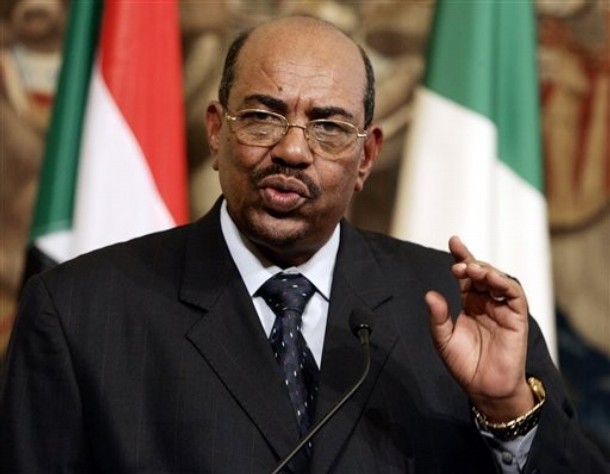
Why Does Turkey Love Omar al-Bashir?
Publication: Eurasia Daily Monitor Volume: 6 Issue: 44
By:

The International Criminal Court (ICC) has issued a warrant for the arrest of Sudanese President Omar al-Bashir. The ICC accused al-Bashir of being directly responsible for the attacks by pro-government militia in Sudan’s Darfur province.
Turkey hosted al-Bashir twice last year and his deputy Ali Osman Taha recently visited Ankara to seek support for the president. The arrest warrant puts Turkey in an uncomfortable position, because as a nonpermanent member of the UN Security Council, Turkey has the power to suspend the ICC’s arrest warrant.
In case the Security Council decides to debate the al-Bashir case, Turkey’s vote will be critical. It seems that Turkey would want to support the view of the Arab League and African Union, which are calling on the Security Council to suspend the warrant (see EDM, February 24). Moreover, Ekmeleddin Ihsanoglu, the Turkish secretary general of the Organization of the Islamic Conference, stated at a press conference in Cairo that the ICC’s arrest warrant showed a double standard and asked why the ICC had not investigated the Israeli incursion into Gaza (Zaman, March 6).
Turkish Foreign Minister Ali Babacan said, "We will see what consequences the warrant will have, but to be honest, we have concerns. …We believe the problems [in Sudan] cannot be resolved by excluding the Sudanese administration. On the contrary, the problems will grow" (Hurriyet Daily News, March 6). The Turkish press reported that Ankara would not only vote for al-Bashir if the case were brought before the Security Council but would take an active role in convincing the other members of the Security Council to suspend the arrest warrants (Aksam, March 6).
Ankara’s support for al-Bashir has prompted a debate over whether Turkey should support the Sudanese president. Liberals who often support the Erdogan government are strongly opposed to the decision to back al-Bashir. The influential liberal columnist Hasan Cemal of Milliyet, for example, asked whether Erdogan would criticize al-Bashir the way he criticized Israeli President Shimon Peres about Gaza (Milliyet, March 6). The liberal daily Taraf ran the headline "Ankara Defends the Killer" (Taraf, March 6), and Yasemin Congar wrote an editorial accusing Ankara of supporting a "rapist" regime (Taraf, March 6).
On the other hand, Islamists disagree with the ICC’s decision, which has opened up a new discussion in the Muslim world about how "hypocritical" the western institutions are. The basic premisef is that the ICC has not done anything about the crimes committed in Iraq and Gaza, for example, but has targeted Sudan for political reasons (Zaman, March 6).
Yet, neither the liberal intellectuals nor the Islamists have asked why the AKP government, the Turkish Foreign Ministry, and perhaps also the military would want to support al-Bashir. Perhaps the AKP elites’ knowledge about Sudan is limited to the ideology of Hassan Al-Turabi, whose ideas were once widely circulated among Islamist groups in Turkey.
It seems that Turkey does not want al-Bashir to leave his post, because Ankara hopes to keep Sudan a unified country. More importantly, the al-Bashir government supports Turkey’s dispute with Cyprus. In addition, al-Bashir’s government wants to see the Turkish military deployed in Darfur to control the territory (Aksiyon, January 1, 2008).
Knowing that Ankara’s main foreign policy objective in the region is to support the integrity of existing countries, one could expect Ankara to support al-Bashir for the sake of Sudanese unity. Even more, Ankara may hope to benefit from Sudan’s recently discovered oil fields. These two possible motives have not been widely discussed in the media, perhaps because of a lack of knowledge about the region and perhaps even because Turkish diplomats are unsure about al-Bashir’s future. Ankara’s wholehearted support of al-Bashir would seem to indicate that Turkey considers Sudan to be an important country in its Africa strategy in the near future.




